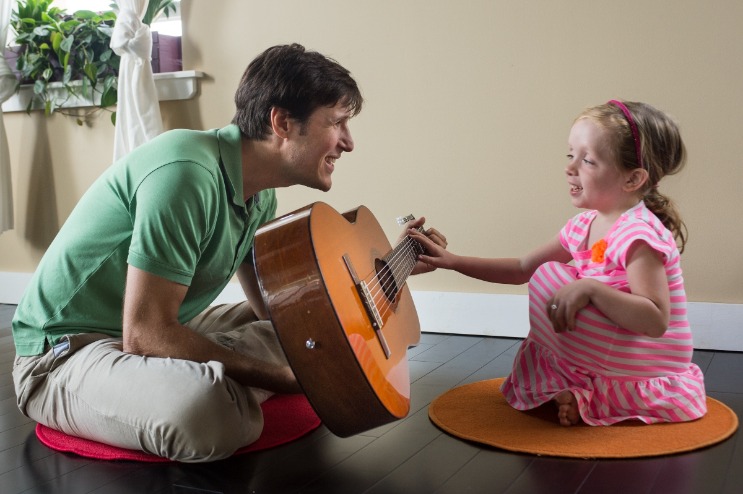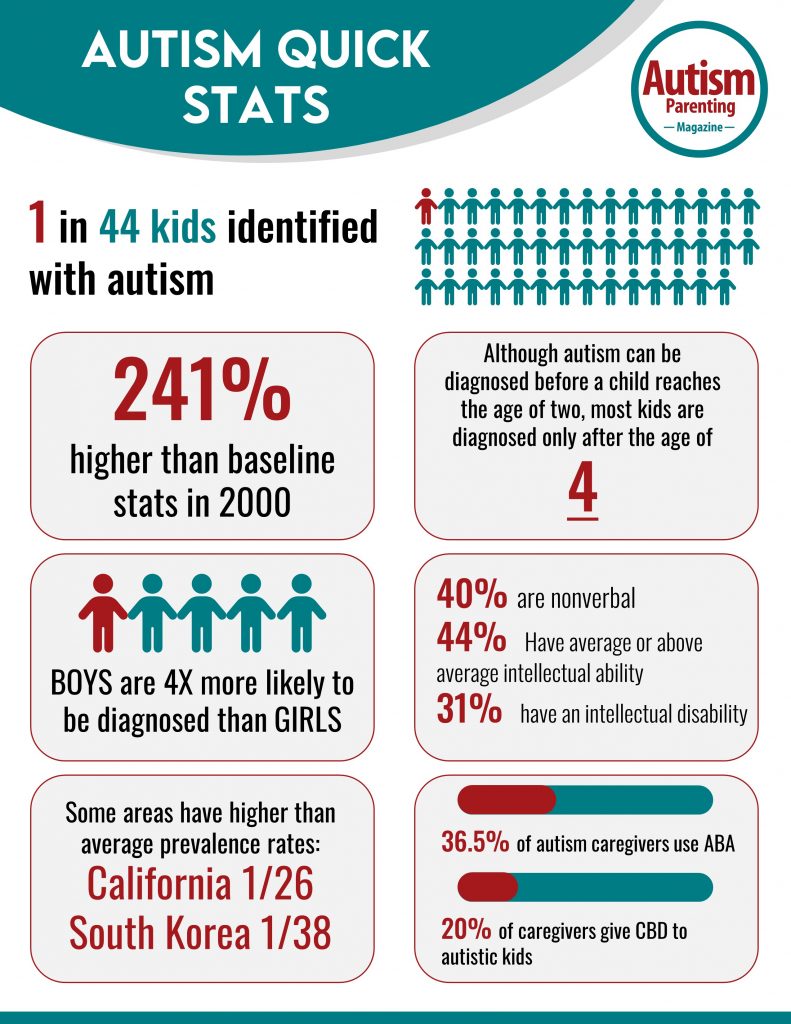Autism spectrum disorder (ASD) affects individuals in various ways, impacting their social interactions, communication skills, and behavior patterns. As a parent or caregiver of a child with autism, you may be seeking alternative methods to help your child develop important skills and cope with the challenges they face. One such method that has shown great promise is introducing piano lessons to autistic children.
The Benefits of Piano Lessons for Autistic Children
Research has shown that music therapy, including piano lessons, can have a positive impact on children with autism. Learning to play the piano can help improve motor skills, enhance cognitive abilities, and boost self-expression. For autistic children, playing the piano provides a creative outlet for emotions and thoughts that may be difficult to communicate verbally.
Building Confidence and Social Skills
One of the key benefits of piano lessons for autistic children is the opportunity to build confidence and social skills. Through individual lessons or group classes, children with autism can develop a sense of accomplishment as they master new pieces and perform in front of others. Playing the piano also encourages interaction with teachers and peers, helping autistic children improve their social communication skills.
Furthermore, the structure and routine of piano lessons can provide a sense of stability and predictability for children with autism, which can be comforting in a world that may feel overwhelming at times.
Embracing Creativity and Self-Expression
Playing the piano allows autistic children to express themselves creatively and emotionally. Music has a unique way of connecting individuals on a deeper level, transcending language barriers and social norms. Through piano lessons, children with autism can channel their feelings and thoughts into music, creating a meaningful form of self-expression.
Moreover, learning to play the piano can foster a sense of mindfulness and relaxation, providing a therapeutic outlet for stress and anxiety that often accompany autism.
Conclusion
In conclusion, piano lessons can be a valuable tool in the development and growth of autistic children. By providing a creative outlet for self-expression, building confidence and social skills, and fostering a sense of stability and routine, piano lessons offer a unique and effective way to support children with autism in their journey towards personal growth and fulfilling lives.
Read more about music therapy for autism online here.






